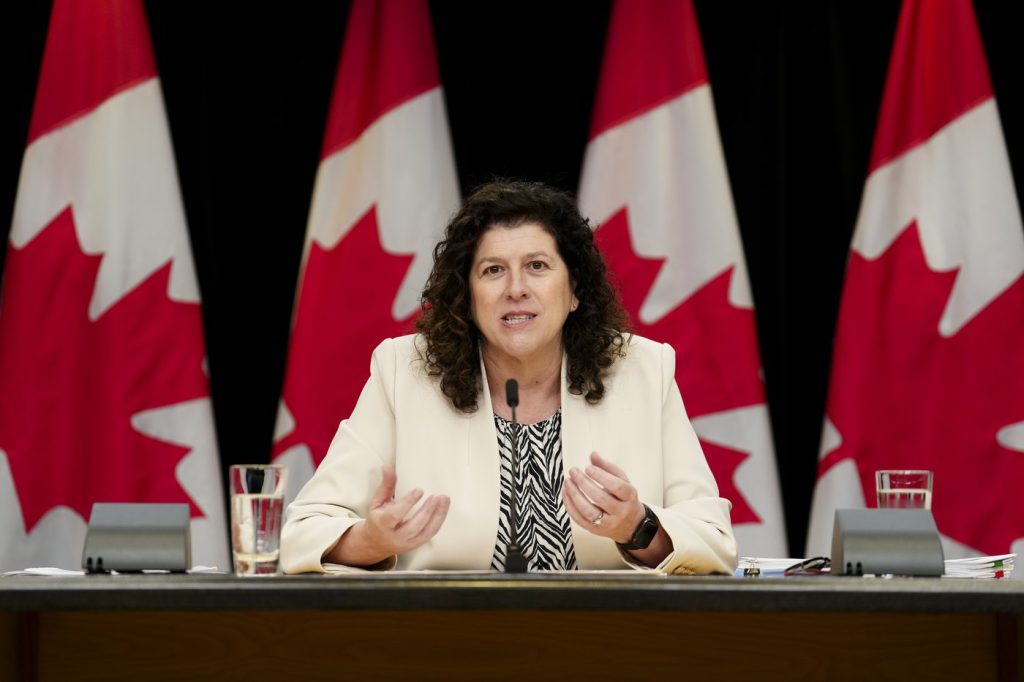The federal auditor general of Canada is set to conduct an audit focusing on the recruitment, retention, and promotion of individuals with disabilities within the federal public service. According to documents obtained via Access to Information by The Canadian Press, this study is anticipated to be tabled in Parliament in 2026, although the audit is still in its planning phase, as stated by Claire Baudry, a spokesperson for the Office of the Auditor General.
Auditor General Karen Hogan's office formally notified Treasury Board Secretary Bill Matthews about the upcoming audit in a letter dated March 7, 2024. The most recent employment equity report for the federal public service indicates a gradual increase in the number of employees with disabilities since March 2020. By 2024, a total of 21,089 people with disabilities were employed in federal departments and agencies that fall under Treasury Board, up from 17,410 in 2023, 14,573 in 2022, and 12,893 in 2021.
Though the number of employees with disabilities has risen, it still falls short of meeting the established "workforce availability" metric, which assesses the share of the national workforce qualified for federal public service roles. In terms of representation among federal executives, the audit revealed that 9.7% of executives were persons with disabilities as of March 2024, a significant increase from 4.6% in March 2019.
The employment equity report also provided insights into promotions within the core public service. In 2024, there were 2,517 promotions for federal public servants with disabilities, alongside 1,642 promotions for Indigenous public servants, 1,788 for Black employees, 8,115 for members of visible minorities, and 19,578 for women in the core public service.
Nathan Prier, president of the Canadian Association of Professional Employees, expressed hope that the upcoming report would consider the impact of the government's return-to-office mandate on employees with disabilities. Since the pandemic, the government has gradually increased in-office work requirements for public servants, mandating most to be in the office at least three days per week, while executives are required to work at least four days a week.
Prier voiced concerns regarding the forced return to office environment, highlighting it may lead to an exodus of workers with disabilities from the federal public sector, alongside increased workloads for remaining employees. He noted that during the pandemic, teleworking had proven beneficial for many employees with disabilities, whereas the recent transition back to the office has reportedly lacked proper accommodations for these individuals, often entailing complicated processes.
In response, Rola Salem, a spokesperson for the Treasury Board of Canada Secretariat, affirmed the government's commitment to creating an accessible and inclusive public service. In 2024, the government surpassed its goal to hire 5,000 individuals with disabilities, and Salem expressed readiness to collaborate with the Office of the Auditor General on the forthcoming audit.
The definition of "persons with disabilities" as outlined by the Employment Equity Act encompasses individuals with long-term or recurring physical, mental, sensory, psychiatric, or learning impairments who perceive themselves as disadvantaged in employment or believe that an employer might view them as such. This definition also includes those whose limitations have received accommodations in the workplace.











